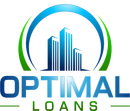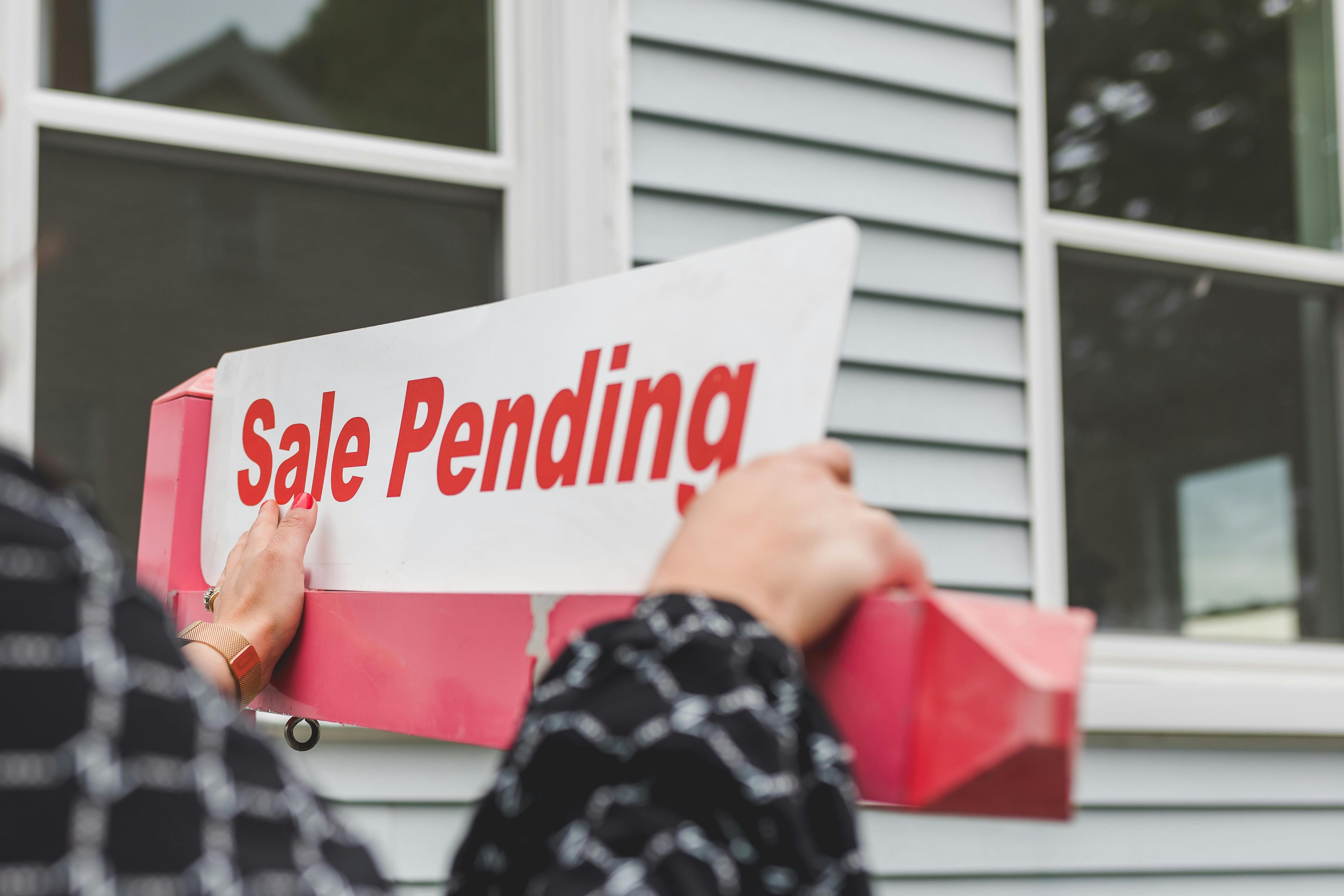You've been saving diligently for your down payment, and you're finally ready to buy your first home in 2025. Then your real estate agent mentions "closing costs," and suddenly you realize there might be more expenses than you originally planned for. If you're wondering what closing costs should I expect when buying in 2025, you're asking exactly the right question at exactly the right time.
Understanding these costs before you start house hunting will save you from sticker shock and help you budget accurately for one of the biggest financial decisions of your life. The landscape of closing costs has evolved significantly, and 2025 brings both new challenges and opportunities for homebuyers.
Here's what you need to know:
Closing costs in 2025 typically range from 2% to 5% of your home's purchase price, but understanding each component helps you plan strategically and potentially save thousands.
What Are Closing Costs and Why Do They Exist?
Think of closing costs as the essential team of professionals and services that transform your home purchase from a handshake agreement into legal ownership. Just like when you buy a car and pay for registration, title work, and documentation beyond the vehicle's price, buying a home requires multiple services to ensure everything is legitimate, legal, and protected.
Every closing cost serves a specific purpose in your transaction. Some protect you from unknown problems with the property. Others protect your lender's investment. Still others ensure that government requirements are met and that your ownership becomes a matter of public record.
When you break down closing costs this way, they stop feeling like mysterious fees and start making sense as investments in protecting what will likely be your largest asset.
The reason closing costs exist is simple: buying a home involves significant risk and complexity. You need professionals to verify that the seller actually owns the property, that there are no hidden liens or legal problems, that the home is worth what you're paying, and that all the paperwork meets federal and state requirements.
The Four Core Categories of Closing Costs in 2025
Understanding your closing costs becomes much clearer when you organize them into four main categories. Each category serves a different purpose in protecting your interests during the home buying process.
Lender-Related Fees: The Cost of Your Mortgage
Your mortgage lender charges various fees to evaluate, process, approve, and fund your loan. These typically represent the largest portion of your closing costs and have seen some changes in 2025.
The loan origination fee remains the biggest single expense for most buyers, typically running 0.5% to 1% of your loan amount. On a $400,000 mortgage, this could cost you $2,000 to $4,000. Some lenders advertise "no origination fee" loans, but they usually build this cost into a slightly higher interest rate instead.
Appraisal fees have increased in many markets due to higher demand for qualified appraisers. Expect to pay $500 to $1,000 depending on your home's size, location, and complexity. This fee protects your lender by ensuring the home is worth at least what you're borrowing against it.
Credit report fees typically run $25 to $50, while underwriting fees can range from $500 to $1,500. Processing fees vary widely by lender but generally fall between $300 and $800.
Third-Party Professional Services: Your Protection Network
These independent professionals ensure your transaction is safe and your ownership rights are secure. Title insurance represents the most significant expense in this category, typically costing 0.5% to 1% of your purchase price.
Title insurance protects you against unknown ownership disputes, unpaid taxes, or liens that might not show up in public records. Think of it as insurance for your ownership rights. While it's a one-time cost, it protects you for as long as you own the home.
Home inspections, while not always legally required, are strongly recommended and typically cost $400 to $800 depending on your home's size and age. This investment can save you thousands by revealing problems before you commit to the purchase.
Survey fees, if required in your area, generally run $300 to $600. Some properties require specialized inspections for pests, radon, or other environmental concerns, which can add $200 to $500 to your costs.
Government and Legal Requirements: Making It Official
Recording fees register your deed with local government, making your ownership a matter of public record. These fees vary significantly by location but typically range from $50 to $300.
Transfer taxes, sometimes called documentary stamps, vary by state and locality. Some areas have no transfer taxes, while others might charge 1% or more of the purchase price. Research your specific area's requirements early in your home search.
Notary fees ensure all documents are properly executed and typically cost $50 to $200 total for all the required documents.
Prepaid Items and Escrow Reserves: Money You'll Pay Anyway
These expenses represent money you'll pay as a homeowner regardless, but your lender collects several months upfront to ensure these critical bills get paid on time.
Property taxes typically require prepaying 2 to 6 months, depending on when you close and when taxes are due in your area. For a home with $4,000 annual property taxes, this could mean prepaying $667 to $2,000.
Homeowners insurance usually requires paying the first year's premium upfront, plus potentially 2 to 12 additional months for your escrow account. Annual premiums vary dramatically by location and coverage but often range from $800 to $3,000 or more.
Private mortgage insurance (PMI) might require upfront payment if you put down less than 20%. Some borrowers pay PMI monthly, while others pay a lump sum at closing.
How 2025 Market Conditions Affect Your Closing Costs
The 2025 housing market brings unique considerations that can impact your closing costs. Interest rates have influenced how lenders structure their fees, with some offering lower origination fees to attract borrowers while others have increased processing fees to maintain profitability.
Technology improvements have streamlined some aspects of the closing process, potentially reducing certain fees. Electronic document signing and digital verification processes can lower administrative costs, though not all lenders pass these savings to borrowers.
Supply chain issues affecting the construction industry have also impacted appraisal and inspection fees in some markets. Areas with high demand for these services often see higher costs.
First-time homebuyer programs have expanded in many areas, offering grants or assistance specifically for closing costs. Research what programs might be available in your target area, as these can sometimes cover $2,000 to $5,000 or more of your expenses.
Step-by-Step: Preparing for Your 2025 Closing Costs
Planning effectively for closing costs requires understanding the timeline and having a clear strategy. Follow these steps to avoid surprises and potentially reduce your expenses.
First, calculate your estimated closing costs early in your home search process. Use 3% to 4% of your target purchase price as a planning number. For a $500,000 home, budget $15,000 to $20,000 for closing costs. Keep these funds in a separate savings account from your down payment.
Second, get pre-approved with a lender who provides detailed cost estimates. Ask specifically about all fees and whether any might change between pre-approval and closing. Understanding these costs upfront helps you budget accurately and compare lenders effectively.
Third, request a Loan Estimate within three business days of submitting your mortgage application. Federal law requires lenders to provide this standardized document that breaks down all expected closing costs. Study every line item and ask questions about anything that seems unclear or unusually high.
Fourth, shop around for services where you have choices. While your lender may recommend specific providers, you often can select your own home inspector, homeowners insurance agent, and sometimes title company. Comparing quotes for these services can save you several hundred dollars.
Fifth, understand the timing implications of your closing date. Closing early in the month typically means paying less prepaid interest, while closing later might require more property tax escrow but less immediate interest charges.
Sixth, negotiate with the seller for closing cost assistance. Many purchase contracts include provisions for seller concessions, where the seller contributes money toward your closing costs. The amount varies by loan type, but conventional loans often allow seller contributions of 3% to 6% of the purchase price.
"The biggest mistake first-time buyers make is treating closing costs as an unexpected expense. When you plan for them from the beginning, you can focus on finding the perfect home instead of scrambling for funds at the last minute."
Understanding Your Rights and Options in 2025
Federal regulations give you specific rights regarding closing costs that can help you manage these expenses effectively. The Truth in Lending Act requires lenders to provide clear, standardized disclosures about all costs associated with your mortgage.
You have the right to shop around for certain services, and your lender must provide a list of recommended providers while allowing you to choose your own. Services you can typically shop for include homeowners insurance, title insurance, pest inspections, surveys, and attorney fees where applicable.
The TRID (TILA-RESPA Integrated Disclosure) rule requires that your final closing costs cannot exceed your initial Loan Estimate by more than 10% for most fees, providing protection against last-minute surprises.
If you discover errors in your closing disclosure, you have the right to request corrections before closing. Review all documents carefully at least three business days before your scheduled closing date.
Regional Variations and What They Mean for You
Closing costs vary significantly across different regions of the country. Some states require attorney involvement in real estate transactions, adding $500 to $1,500 to your costs. Others allow title companies to handle closings, which can be less expensive.
Transfer taxes range from zero in some states to several thousand dollars in high-tax areas. Property tax prepayment requirements also vary based on local assessment schedules and payment due dates.
Understanding these regional differences helps you budget appropriately if you're considering homes in multiple areas or relocating for work.
Your Path Forward to Successful Homeownership
Buying a home in 2025 represents both an exciting milestone and a significant financial commitment. While closing costs add to your initial investment, they serve essential purposes in protecting your ownership rights and ensuring your transaction meets all legal requirements.
The key to managing closing costs successfully lies in early preparation, clear communication with your lender, and understanding exactly what you're paying for. When you approach these expenses as normal and necessary parts of the home buying process, rather than unwelcome surprises, you position yourself for a smoother, less stressful experience.
Every successful homeowner has navigated these same costs and decisions. With proper planning and the right guidance, you can too.
Ready to Take Your Next Step Toward Homeownership?
Understanding closing costs is just one piece of the home buying puzzle, but it's a crucial one that can save you thousands of dollars and significant stress. Having an experienced loan officer who can explain these costs clearly and help you find the best possible terms makes all the difference in your home buying experience.
If you're ready to start your home buying journey or want personalized estimates based on your specific situation, Efren Sanchez at Optimal Loans can guide you through every step of the process. With years of experience helping first-time buyers understand and navigate closing costs, Efren provides the education and support you need to make confident decisions.
Contact Efren Sanchez today for a comprehensive consultation about your home buying goals and closing cost expectations. Visit OptimalLoans.com or call to schedule your free consultation. Your dream of homeownership is achievable, and having the right knowledge and guidance makes all the difference.


